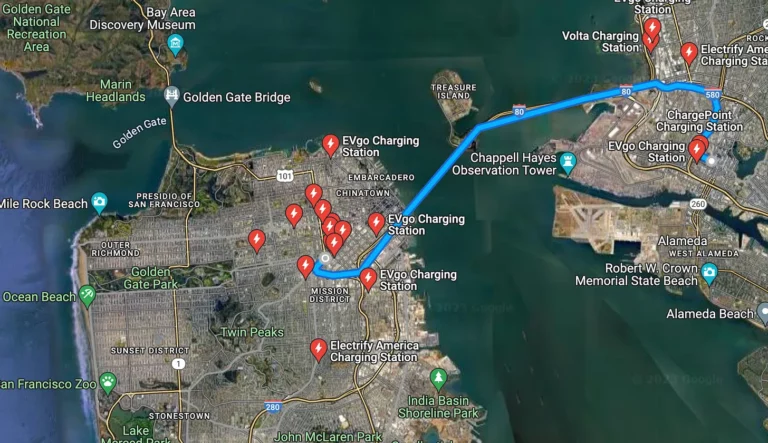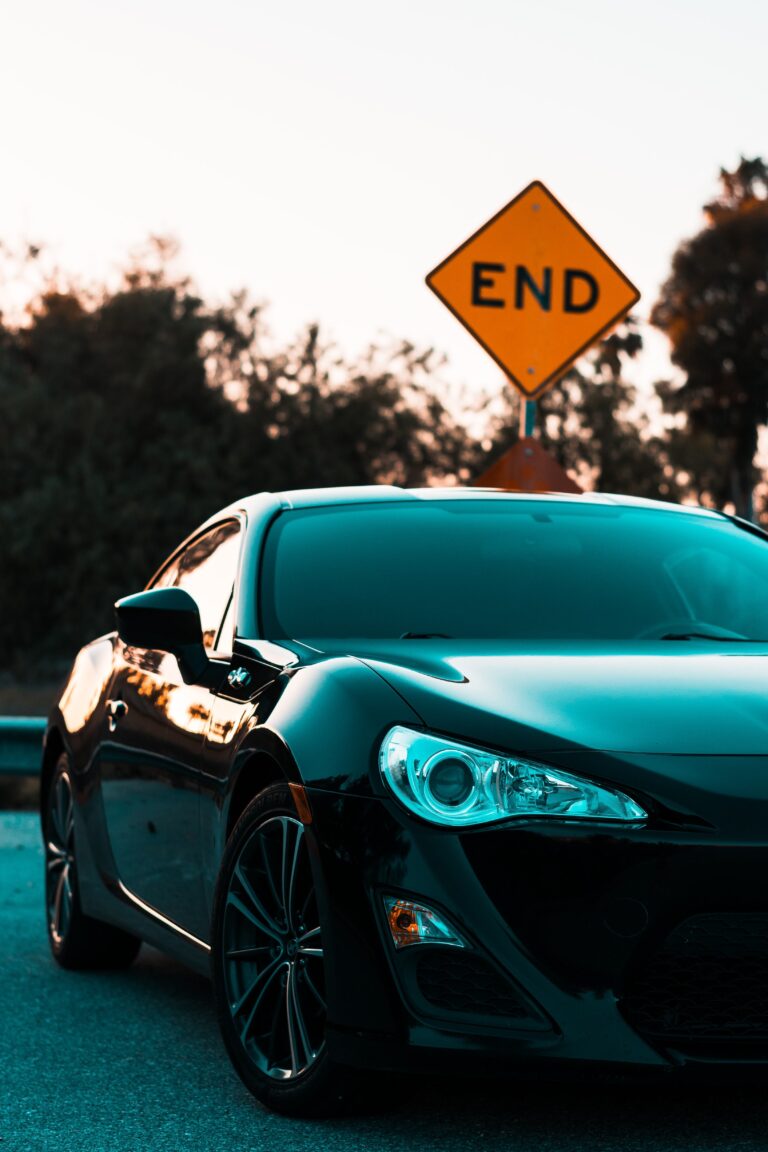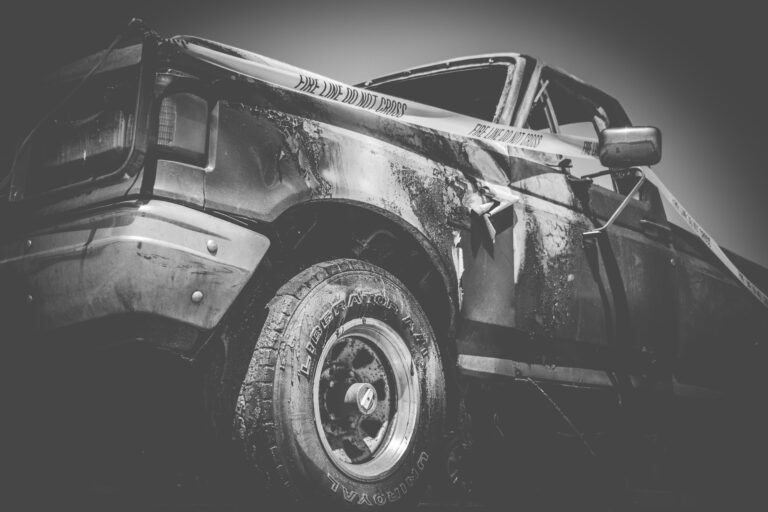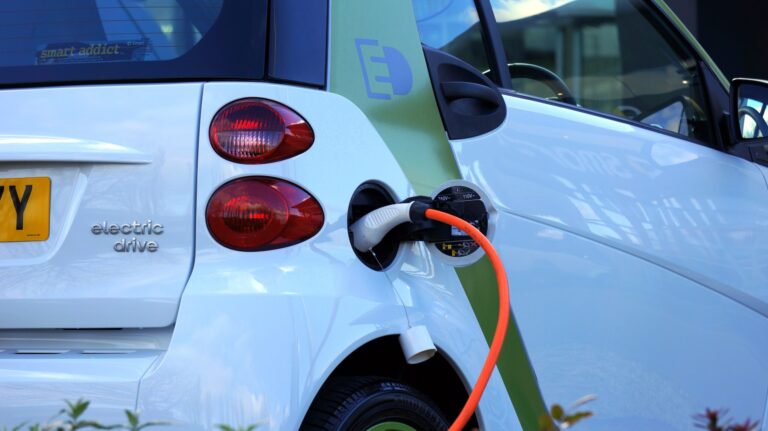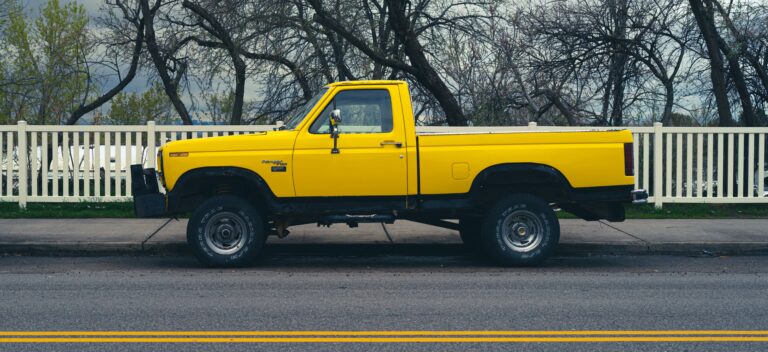An EV Supercar Hits The Market
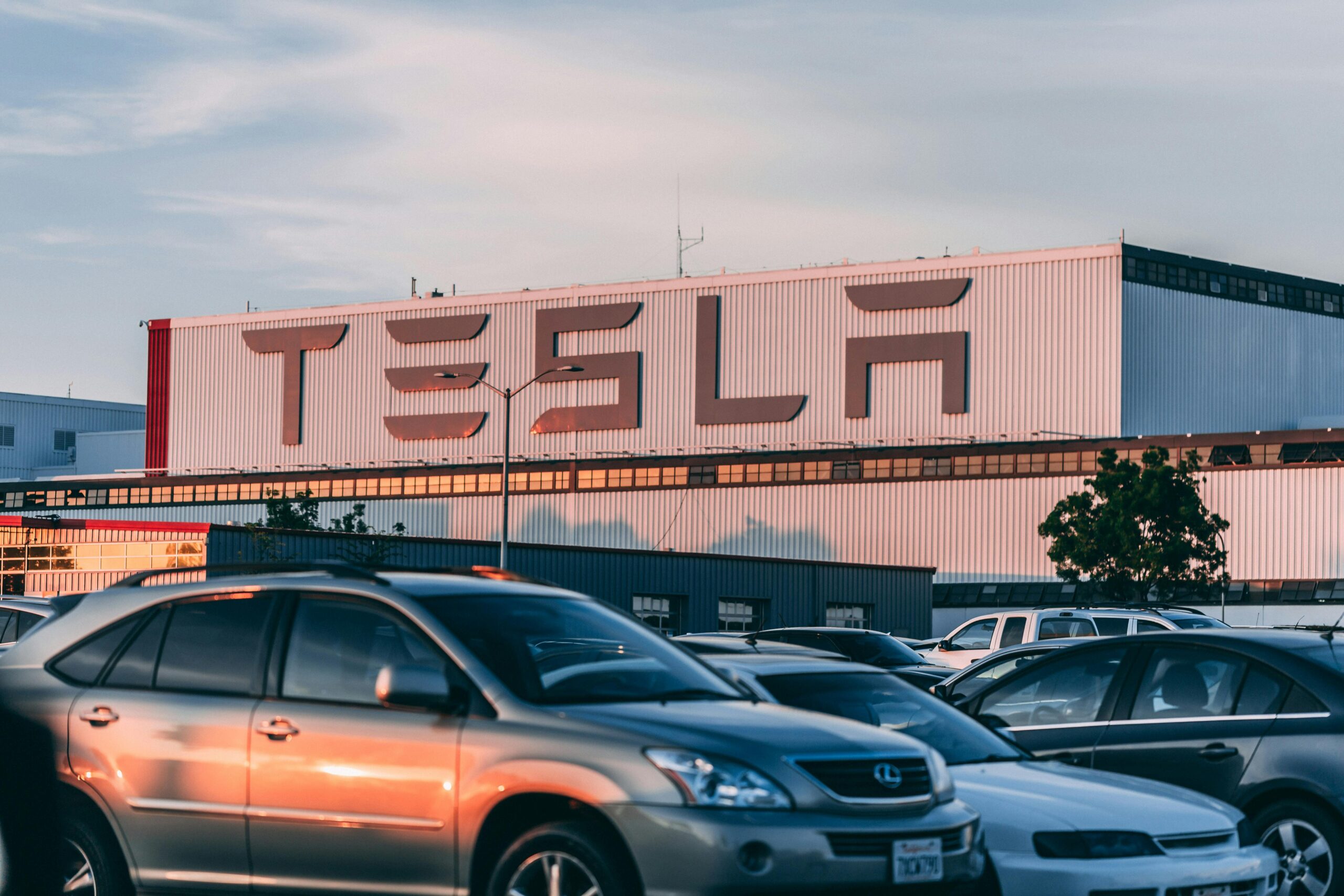
BYD, the world’s No.1 EV manufacturer, which passed Tesla for that title last year, has introduced an EV that could be the envy of people who own Porsches and the high-end sports car versions of BMW and Mercedes. BYD has started a new brand Yangwang. It mirrors what Toyota did when it launched the Lexus luxury brand three decades ago,
Other EV news: Ford’s EV Future Collapses
The Yangwang U9 looks like a Chevy Z06 Corvette, the latest version of the decades-old nameplate. The Corvette costs almost $120,000, has a 650 HP engine, and travels 0 to 60 in 2.6 seconds. The U9 is faster. For those who care, it does not have a fossil fuel-driven engine.
Based on BYD’s comments, the U9 has 1,084 HP, is slightly faster than the Corvette, and has a 435-mile range on a single charge. One criticism of EVs is that most go little more than 300 miles and then need recharging. Charging stations are hard to find outside large cities. It can take an hour or more to charge a battery. The U9’s range may win some critics over.
BYD has several challenges as it launches its Yangwang brand. The first is an uncertainty about when some of its cars will be available. According to The Wall Street Journal, “BYD has yet to open up sales for its supercar, the U9, after it was revealed at the Shanghai Auto Show in April.”
BYD Moves Beyond China
BYD has also had trouble moving outside China, where it is the EV market leader. It has strong sales in Thailand. It has started to sell its vehicles in Israel and Australia. However, these are small markets. To be a global EV presence, it must break into the EU and, more importantly, the US. The Biden Administration is trying to block sales of cars that use China engine components. This keeps BYD out of the US, the world’s second-largest car market after China.
What is the future of the Yangwang U9 in the US? The American automotive industry has a long history of imports taking market share from domestic companies. In the mid-1960s, VW had brisk sales in the US. Japan began to push into the US in the 1970s, and now Japanese manufacturers have a share of about 25%. South Korea’s Kia and Hyundai have been successful more recently.
If, ultimately, consumer preference drives car sales in the US, the Yangwang U9 will be for sale in America soon.
Sponsor
Find a Vetted Financial Advisor
- Finding a fiduciary financial advisor doesn't have to be hard. SmartAsset's free tool matches you with up to 3 financial advisors that serve your area in 5 minutes.
- Each advisor has been vetted by SmartAsset and is held to a fiduciary standard to act in your best interests. Get on the path toward achieving your financial goals!

